Project Scheduling Software is essential for any business. Let's look at some of the top project scheduling software, as well as its features, integrations, cost, and more.
What is Project Scheduling Software?
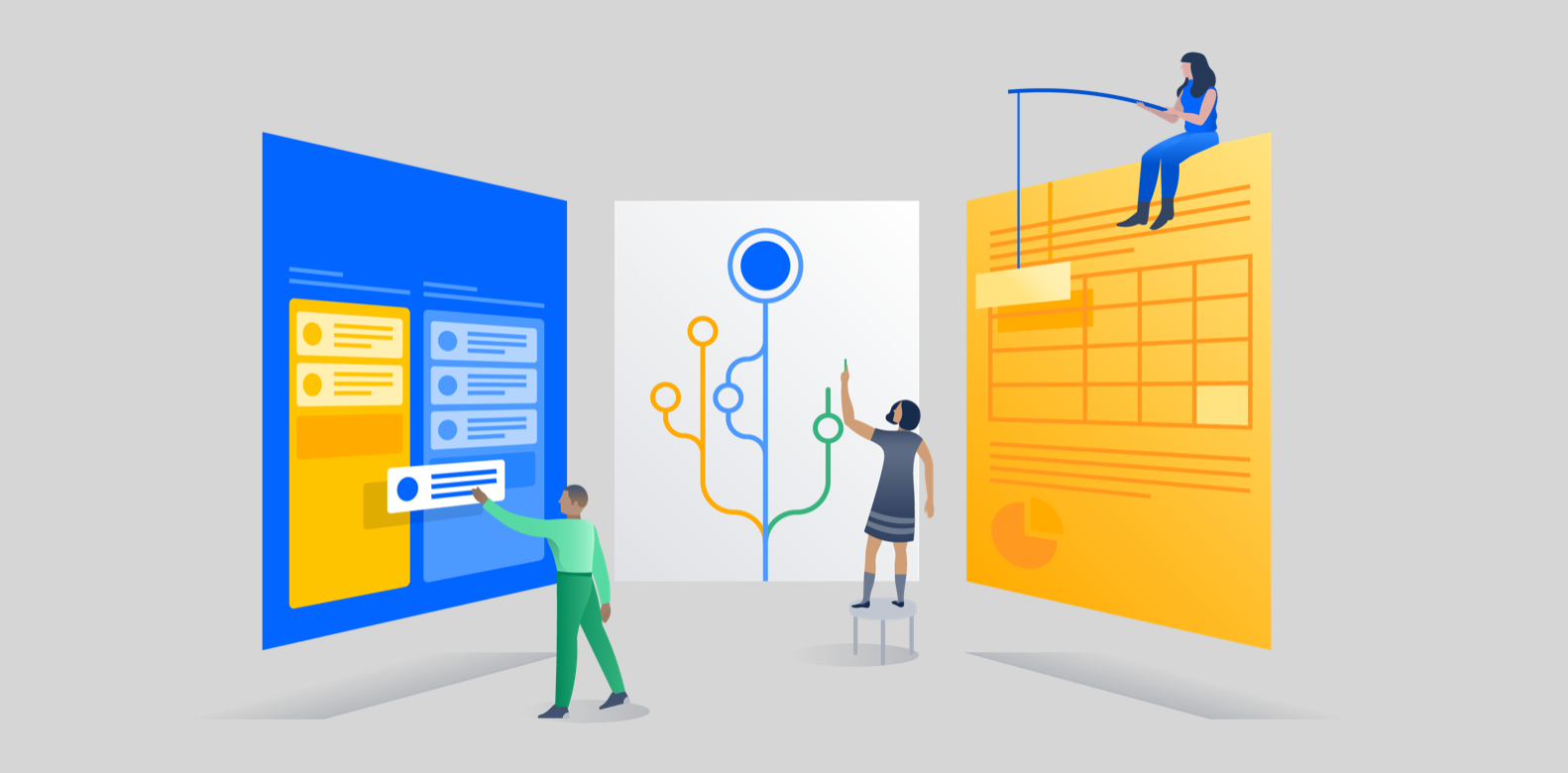
Project management software is meant to assist individuals and businesses in keeping track of projects, activities, and schedules. It's a terrific method to keep your staff on target and stay organized.
The listing of tasks, products, and milestones inside a project is referred to as scheduling in project management. A schedule will also often include a start and end date, time, and resources allotted to each task.
Project Scheduling Software Common Features
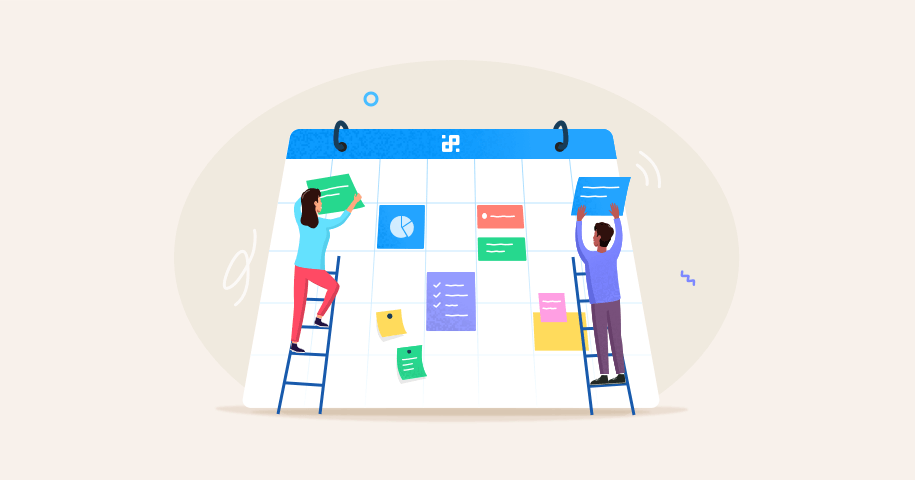
To develop a project schedule, project scheduling software is a good selection. The schedule outlines the project's beginning and ending dates, the tasks that must be accomplished, and the resources needed.
Project scheduling software frequently has the following features:
Project Management
Planning features is the stage of the project in which you determine what needs to be done. This feature enables you to understand how the components of your project fit together and remain working as things change.
It frequently takes the shape of a Gantt chart, timetable, or calendar. You may define project goals, targets, and strategies by identifying critical activities and due dates using the project planning capabilities.
Task Administration
Tasks are project management building elements. The task management capabilities allow the project team to divide the tasks into manageable chunks and allocate assignments to different team members.
It is frequently done with a deadline so that everyone knows who is accountable for what and when. Subtasks often help you divide a task into smaller pieces or outline extra steps to finish an overall task, allowing you to break it down even more specifically.
Budget and Time Management
Time tracking capabilities enable the project team to keep track of the time and money spent on the project, and may be split down into tasks or subtask time monitoring. The project budget and expenditures may be efficiently managed as a result of everyone being held responsible for their hours.
The project dashboards
You can see the status of each project task using the project dashboard features. When you start combining time and task tracking with tools, it will begin reporting how much time your team spends on a project and how they spend it. Additionally, it will detail which initiatives have had greater success than others.
Integrations
The majority of online project management platforms have integrations with other applications, which cut down on time wasted entering into several programs or sending and receiving pointless emails.
Integrations with third-party specialty tools such as Slack, email, customer engagement platforms (CRMs), financial apps for accounting, management software, and others are among the most frequent.
Top Picks Project Scheduling Softwares
Monday.com
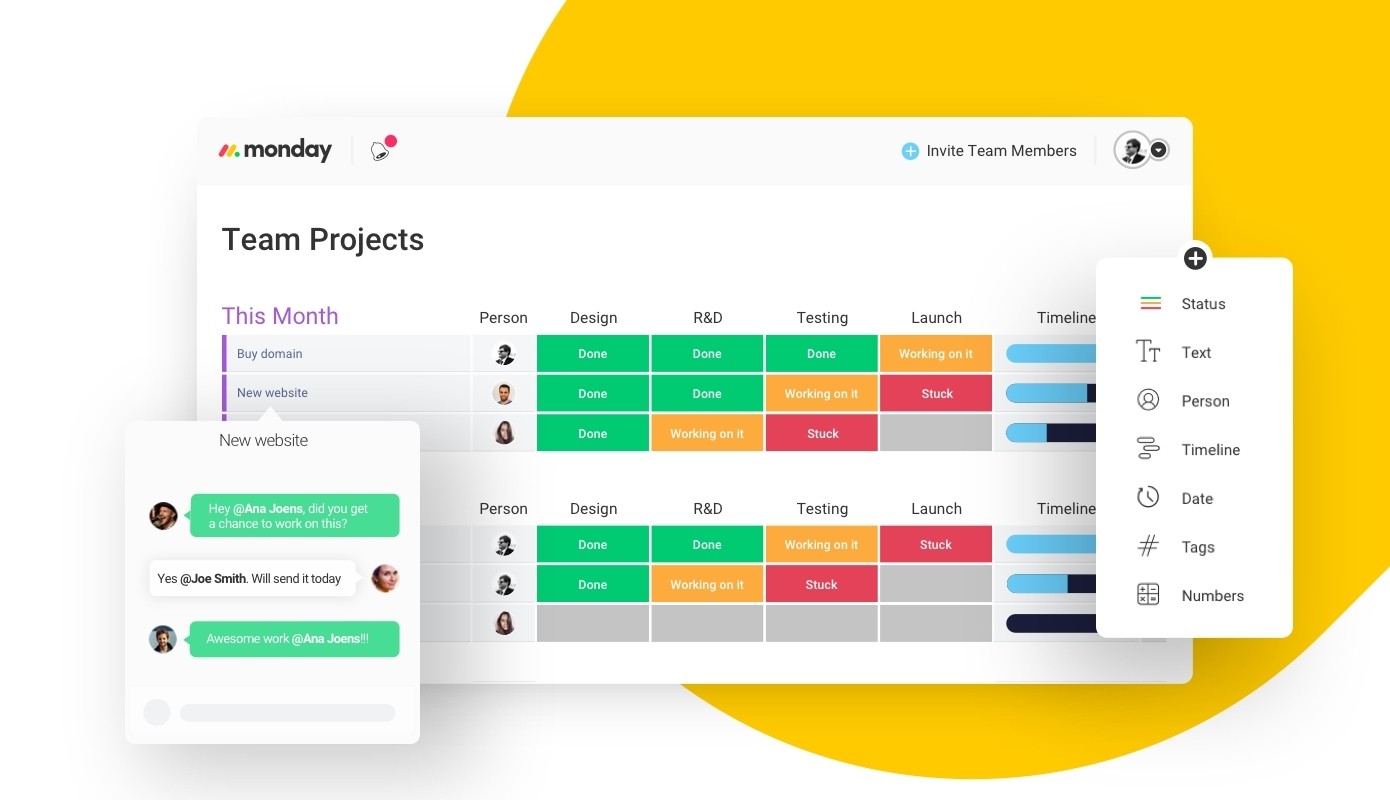
Project management tool Monday.com has simple, quick-to-use collaborative tools that are straightforward to master. It is a highly customisable application that enables you to quickly and easily assess the status of your projects as well as the progress they are making.
Features:
- Gantt chart: with a few clicks, converts data from a specified board into a gorgeous Gantt chart.
- Workload: assists you in keeping track of who is doing what at each phase of the project and seeing the allocation of your labor.
- Timetable: provides a visual depiction of periods and the overall project timeline.
- Calendar: This feature enables you to see a calendar-like representation of all your assignments, activities, and due dates.
Kantata
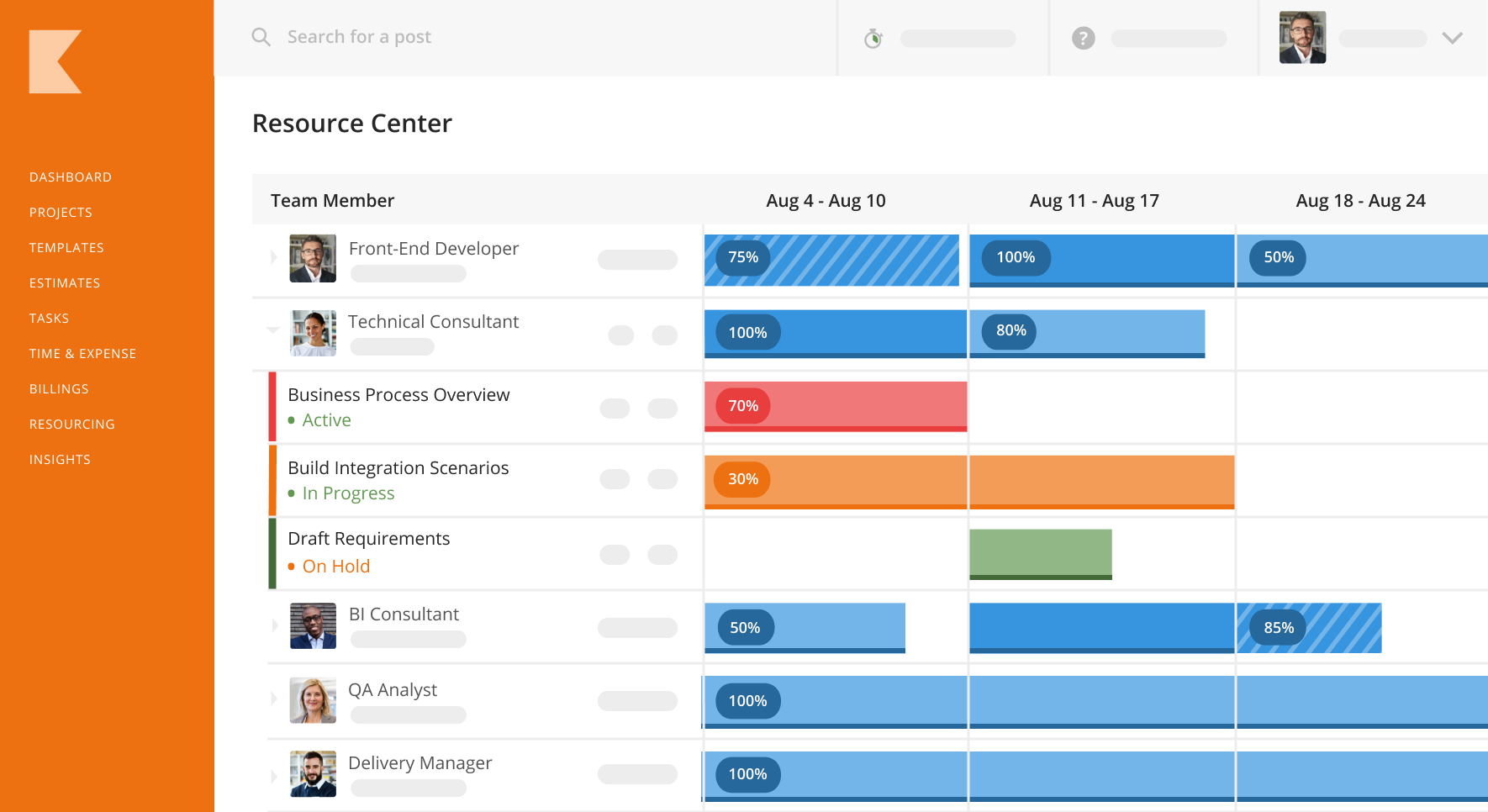
Kantata is a resource control and project management tool that includes modules for project planning, finance, strategic planning, business information, and teamworking.
Features:
- Schedules, objectives, and budgets should all be in sync.
- Real-time analytics help you stay up to date.
- Break through silos to gain a deeper understanding.
- Utilize your time and resources more wisely.
- Data is easily accessible and actionable at all times.
- Improve your forecasts to build on your success.
Smartsheet
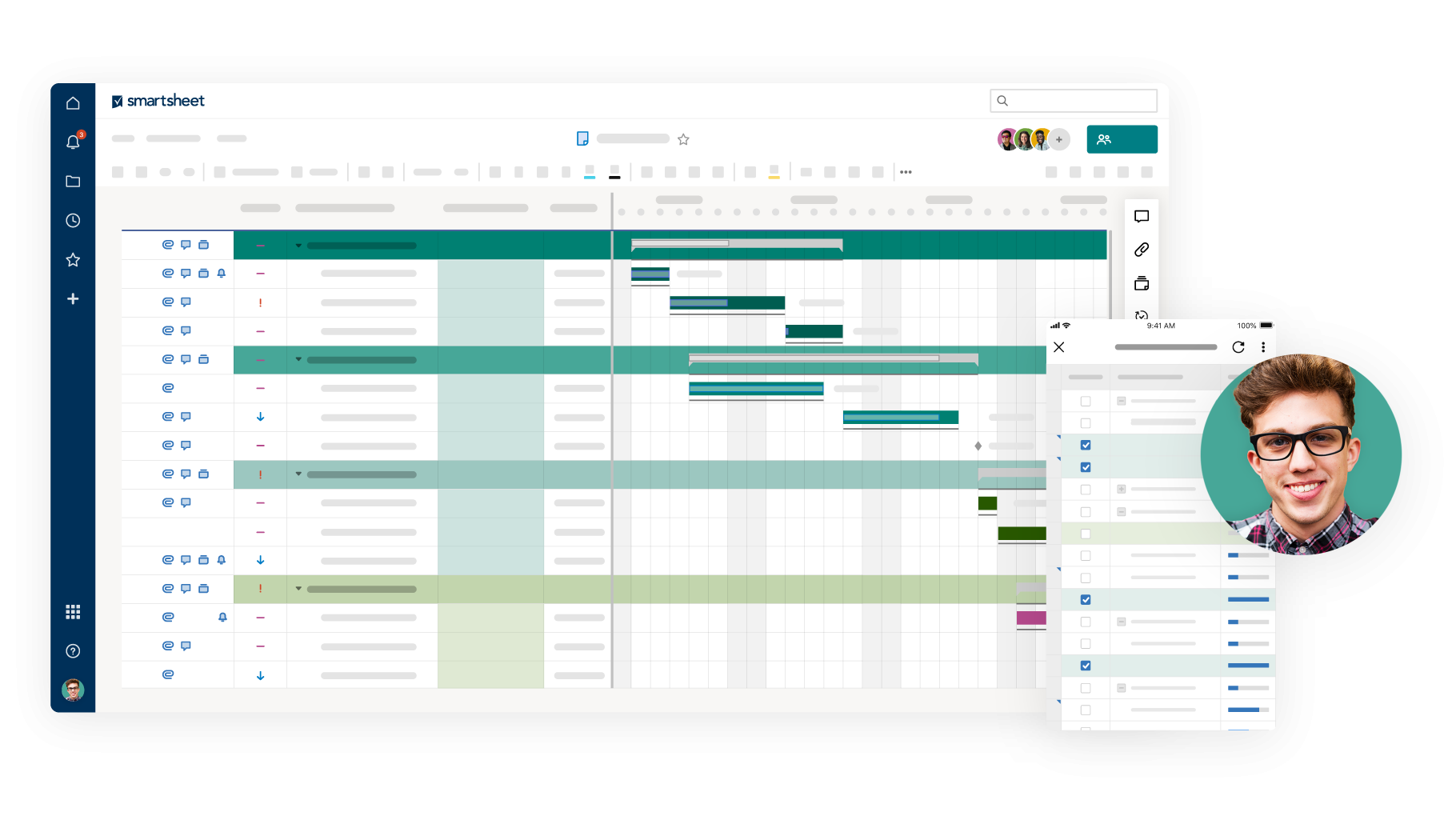
High-end resource management & planning software, Resource Management by Smartsheet, assists contemporary teams in making decisions with confidence regarding project scheduling, team capacity, financial forecasts, team usage, and hiring requirements in real-time.
Features:
- Gantt Charts: Establish task dependencies and track status to swiftly detect and resolve issues before they jeopardize project deadlines.
- Critical Path: Enable critical path to keep your projects on track.
- Milestones: Create a visual representation of important impending due dates, and make sure your team is aware of the major deadlines for which they are responsible.
- Reporting: Keep an eye on task specifics and risks in order to take action and eliminate problems before they disrupt the project's timeline.
- Resource Management entails ensuring that the appropriate resources are available at the appropriate moment.
Runn
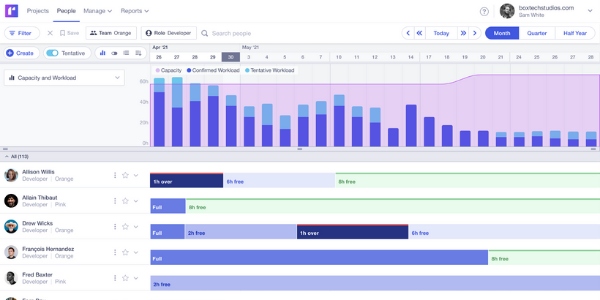
Runn is a solution for real-time resource planning and project scheduling that includes built-in time tracking and potent forecasting features. Runn makes scheduling simple and straightforward. If you don't have the correct person available at the right moment, utilize placeholders to outline the project's needs.
Features:
- Resource allocation
- Project preparation
- Management of Capacity
- Project planning
- Timesheets
Hub Planner
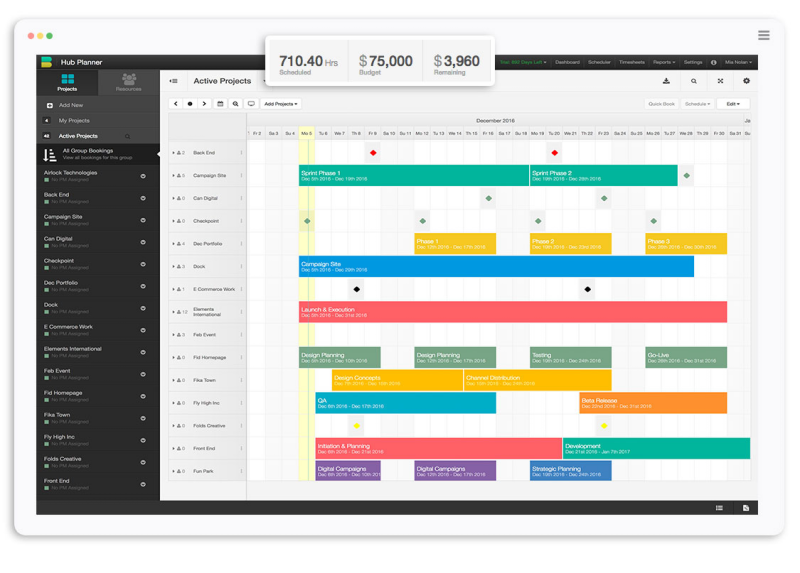
A complete set of task scheduling, data entry, and report tools are available in the resource management program Hub Planner.
The Scheduler, which enables for projects and resource planning and visualization, is the main feature. Projects and resource scheduling can be done by users using drag and drop.
Features:
- Scheduler: To see your team from above and see who is available, use the resource scheduler.
- Timesheets: Enter real time into them, then compare the burn to the time that was scheduled.
- Reporting: Create reports that are easy to understand. Determine critical indicators based on the company's spending and usage.
Resource Guru
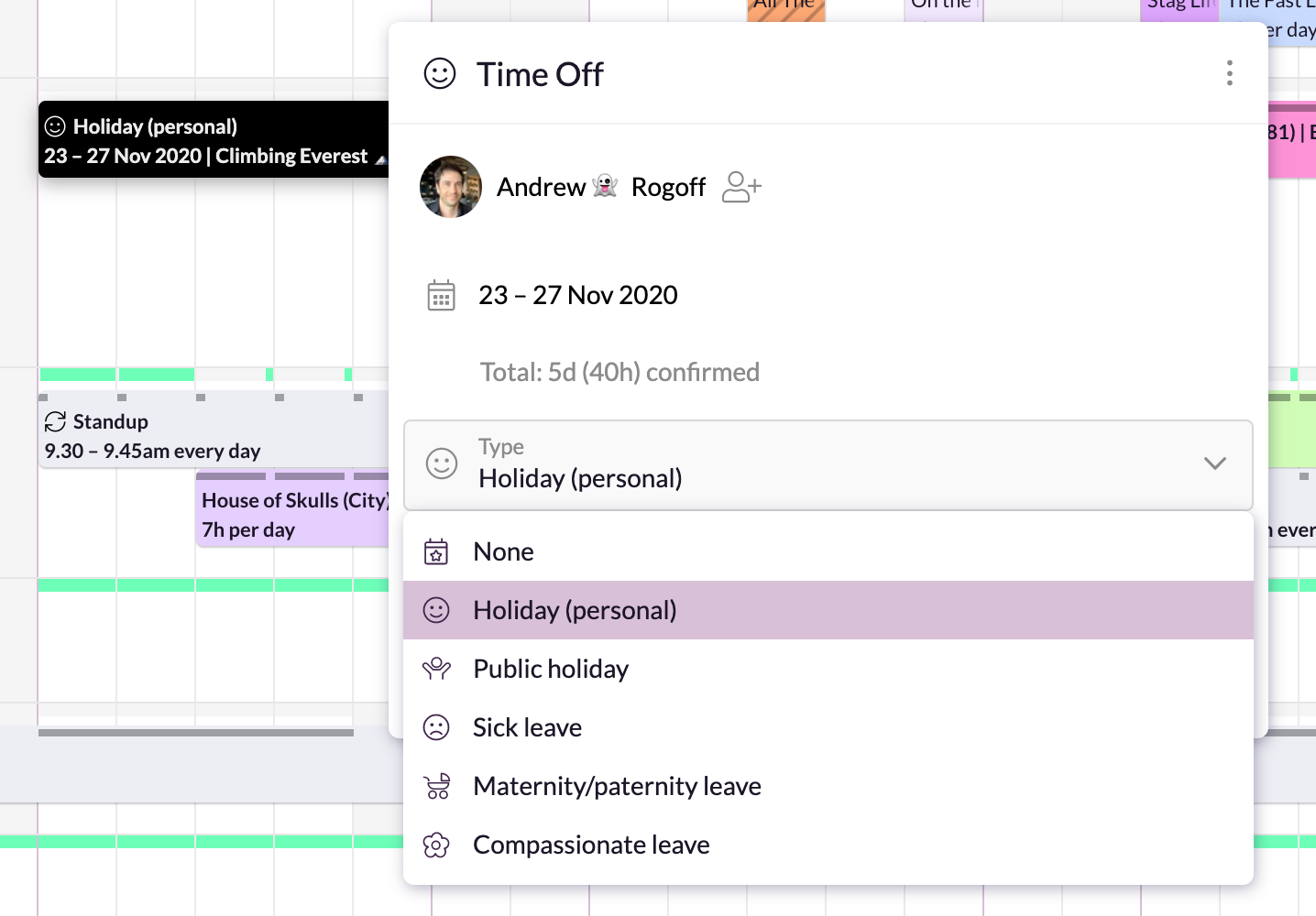
The usage of resources may be maximized by project managers by using resource tools that enable team members to see assignments as appointments on calendars, showcase what everyone is engaged on, and make availability very obvious.
Features:
- Get a complete picture of team availability: See everyone's availability at a glance, allowing you to confidently plan projects and delegate tasks.
- Schedules may be created in seconds: You may easily modify your plans and move resources from one project to another thanks to simple drag-and-drop planning.
- Avoid overburdening yourself: Double-bookings and overtime are aggressively avoided via clash management. Better for individuals and projects.
TeamGantt
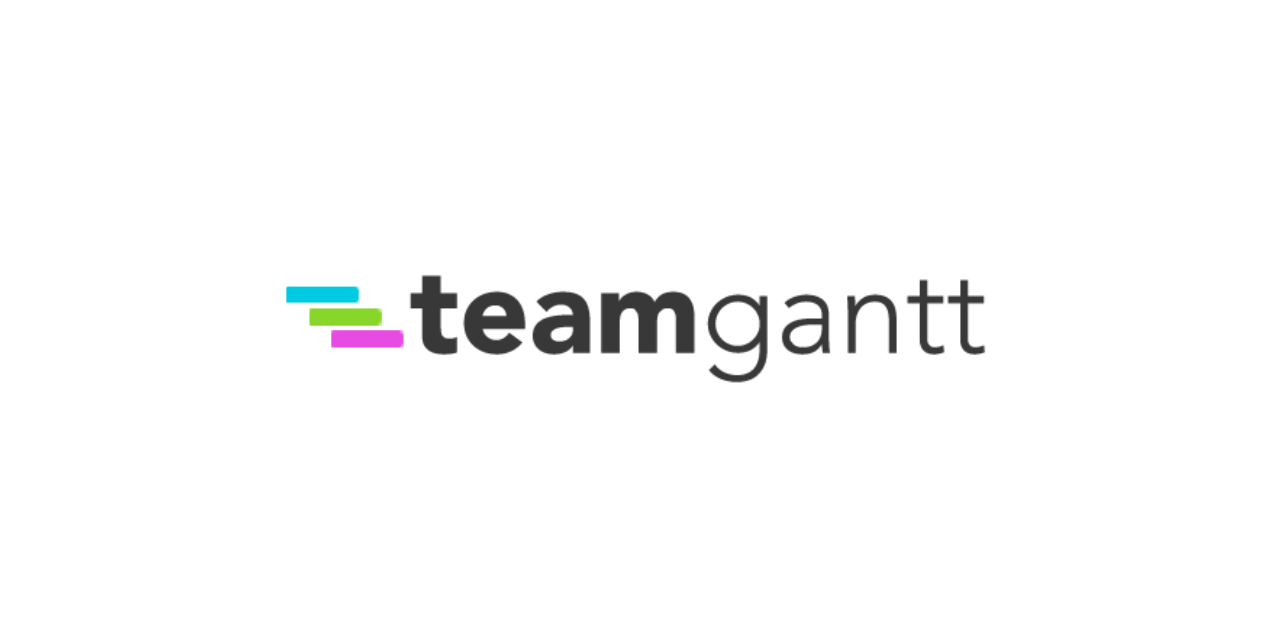
An application that creates Gantt charts and other types of work planning is called TeamGantt. They do, however, manage workloads and team accessibility, as well as collaboration capabilities such as chat and tagging and configurable notifications.
Features:
- Drop and Drag Simple: Plan projects, modify the start and finish dates, and delete or rearrange the tasks. It only takes one click.
- Connect Teams: Use TeamGantt's constructed collaboration features to upload files, exchange files, and interact smoothly.
MS Project
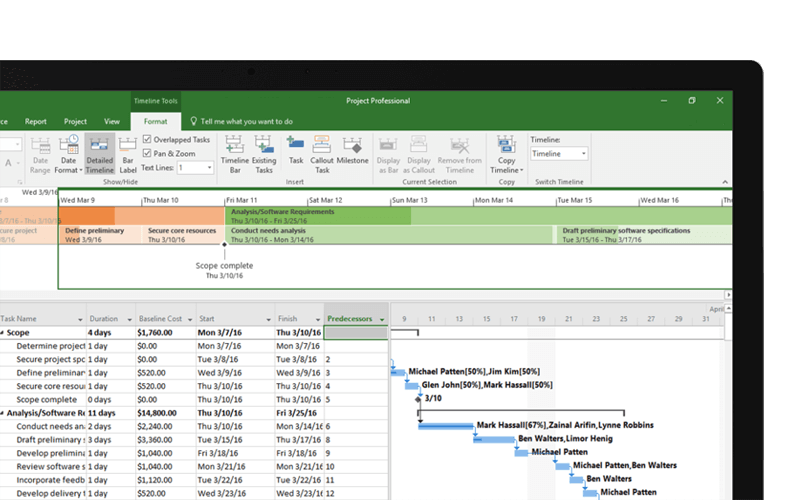
A project management tool called Microsoft Project was created more than 35 years ago to assist you in keeping track of all your tasks. It may be purchased as part of Office 365 or separately.
Features:
- Use kanban boards and Gantt charts for project planning.
- Reporting: Ready-made reports that can keep tabs on resources, projects, and portfolios.
- Communication and cooperation: Organizations can collaborate on projects altogether. As an affordable communication tool, you may also utilize Microsoft Teams.
- Coauthoring: Task lists and timetables are updated in collaboration with stakeholders and team members.
Adobe Workfront

A project management tool called Adobe Workfront assists businesses in linking activities and projects to overarching objectives.
It offers a powerful project scheduling tool with the ability to assign resources, set up tasks, objectives, and predecessors, and track their progress against deadlines.
Features:
- Filters that can be customized: Easily select tasks and programs by participants or roles to see just what you need to properly allocate work. Tasks have been prioritized and allocated.
- Effective assignments: Simply dragging and dropping assignments inside our user-friendly UI, resource managers can allocate the correct resources to the correct projects in a matter of seconds.
- Users and responsibilities may be easily switched across several projects with only a few clicks, saving a considerable amount of time and work.
Notion
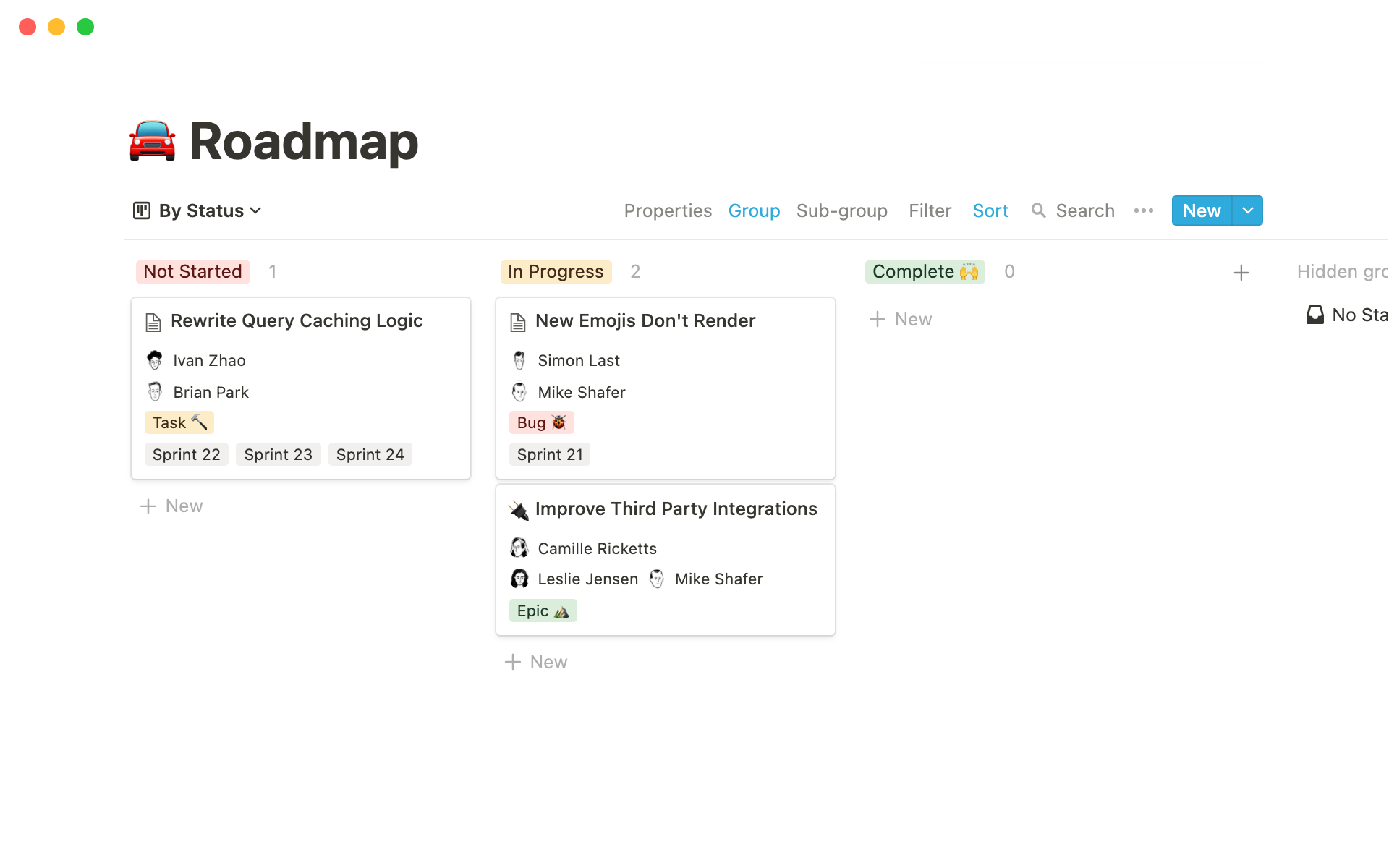
Small, medium, and big businesses can collaborate in Notion's workspace. With Notion, you can create a single workspace for all of your notes, tasks, wikis, databases for planning, and more.
The extensive template gallery, which offers rapid samples from sales to design and is another crucial element, will help you get going.
Features:
- Make something your own: Create your own workflow by defining and adding your own database parameters.
- Keep track of your tasks: Create a filter to display just your tasks. You may easily switch between work for yourself and duties for the entire team.
- Teamwork in real time: With as many peers as you like, collaborate on the same project at once.
KeyedIn
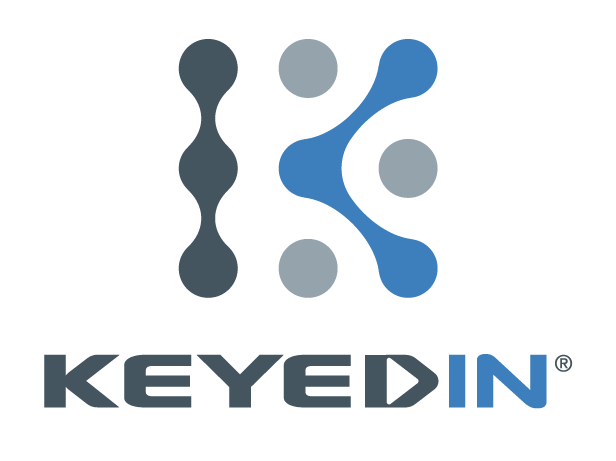
In order to expand and scale PMOs, KeyedIn is an appropriate project management tool. For big or small businesses that need to conduct international business, KeyedIn is a good option because it supports a variety of languages and currencies.
Features:
- Give leadership reliable, real-time resourcing information.
- Allocate on an individual or team basis.
- Evaluate the feasibility of new initiatives and the effects of changes as soon as possible.
- Highlight jobs where centrally assigned resources are being underutilized or overutilized.
ActiveCollab
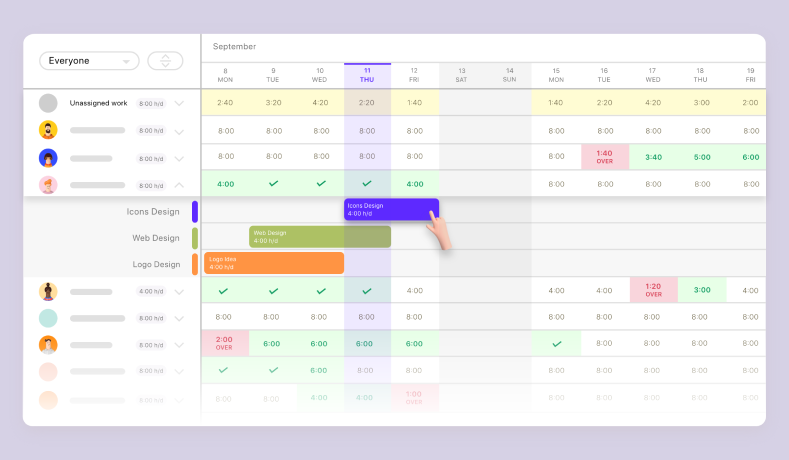
The project management tool ActiveCollab has a straightforward user interface and may assist you in keeping track of your work.
At its foundation, ActiveCollab is a basic utility. To assist project management newcomers succeed, they even provide sample projects that include everything from site design to editorial schedules.
Features:
- Assign responsibilities
- Make connections
- Workload scheduler
- The date selector
- Include vacation days
ProWorkflow
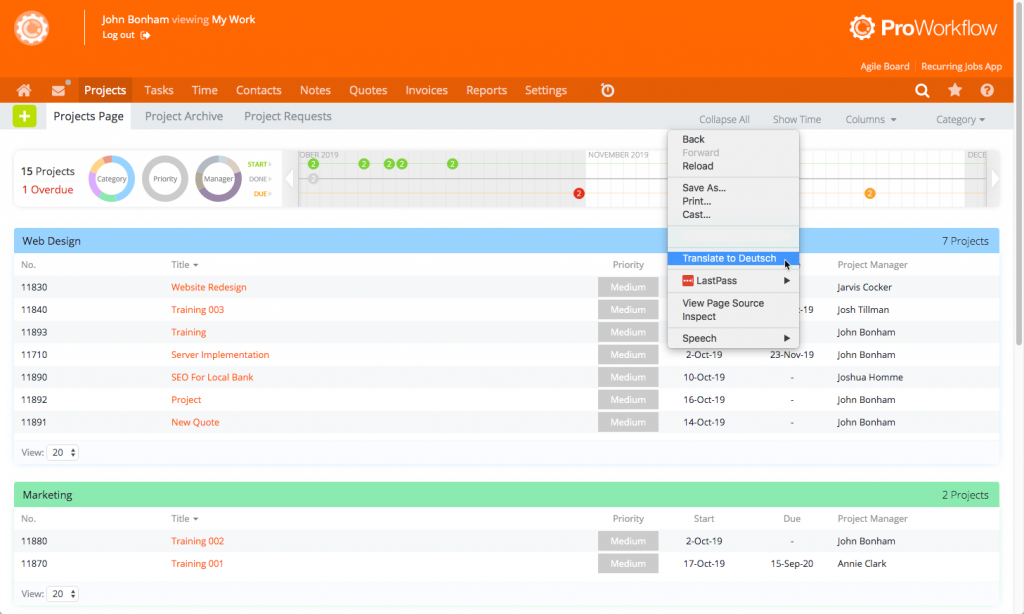
ProWorkflow is a project management tool for remote teams that includes tools for keeping track of all your tasks, projects, and time in one location.
ProWorkflow's user interface is simple, aesthetically beautiful, and intuitive. Users of all ages can easily use the scheduling tools, which are also user-friendly.
Features:
- View of the Project Board
- Gantt Chart
- Compatibility
- Resource allocation
- Sharing of files and teamwork
Tips to choose Project Scheduling Software
Define Your Requirements
The first step is to define your requirements. You need to know what you want the software to do for you. This will help you narrow down your options and make it easier to choose the right software for your needs.
Do Some Research
Once you know what you need, it's time to do some research. You can start by checking out online forums and reviews to get an idea of what others are saying about different project scheduling software options.
Consider Your Budget
After you've done your research, it's time to consider your budget. There are a lot of great options out there, but not all of them will fit into your budget. Be sure to consider the cost of the software as well as any recurring fees that may be required.
Get a Free Trial
Most project scheduling software providers offer free trials so that you can try out their product before committing to it. This is a great way to see if the software is a good fit for your needs without having to spend any money upfront.
Make Your Decision
Once you've determined what you require, it's time to conduct some research. Be sure to choose something that meets your needs and fits into your budget so that you can get started on making your project timeline today!
FAQs
Which tool is used for project scheduling?
The majority of project schedules are prepared on a Gantt chart planner. Gantt charts provide a visual representation of a project's timeline and tasks in a single simplified perspective, detailing what work is scheduled to be completed on each day as well as the project's start and finish dates and following activities.
Can Excel be used for project scheduling?
You may use Excel's robust spreadsheet capability while still using Project to keep track of your project's resources and timeline by exporting your project data to the spreadsheet program. Excel data can also be imported or embedded in your project plan.
What tools are used in project time management?
Calendars, note taking software, time trackers, specific time management applications, and so on are examples of time management tools. There are several software options available for each time management tool.
What is the primary tool for project planning?
Gantt Charts for Better Planning A Gantt chart is the most important tool for project planning. Organize tasks, enter their durations, and they will create a project timeline automatically.
Conclusion
After reading this article, we are sure you will have more information to make the right decision. What is your choice? Have you used any of the above software before? Please comment below to share your experience with other readers.
Don't forget that Tanca offers a trial version of HR software, you can try it out if needed.
Also, you might want to check out Top Payroll Softwares.













